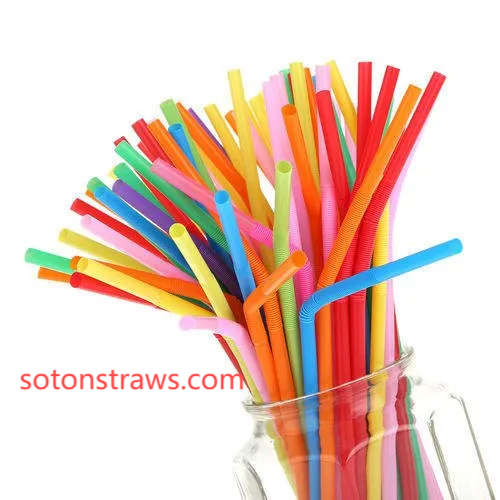The decarbonization of urban food systems has catalyzed material engineering breakthroughs in beverage accessories manufacturing. A 2025 World Packaging Organization report indicates that innovative PP Straw designs now prevent 18 million metric tons of single-use plastic leakage into marine ecosystems annually. Tokyo's Zero Waste Initiative achieved 68% collection rates through NFC-enabled recycling stations where consumers scan discarded accessories to earn metro credits - a model reducing contamination rates by 43% compared to traditional bins.
Material scientists are revolutionizing polymer composites using pineapple leaf fibers, creating biodegradable variants that degrade 40% faster in landfills while maintaining structural integrity at 120°C. Shanghai's pilot program processes 15 tons daily of agricultural waste into cellulose-reinforced PP straw cores, diverting crop residues from open burning and cutting production emissions by 32%. This aligns with the EU's Circular Economy Action Plan targets for 2030.
Extreme climate adaptations demonstrate engineering ingenuity. Antarctic logistics teams deploy graphene-infused beverage accessories preventing liquid crystallization at -60°C, while Dubai's dessert trucks utilize phase-change coating technology to maintain 4°C beverage temperatures for 8 hours under 50°C heat. These innovations reduced packaging failures by 57% in 2024's global heatwave events.
Cultural integration strategies reveal multidimensional value. Kyoto artisans collaborate with polymer engineers to develop washi paper-sheathed PP straw editions featuring disappearing ukiyo-e motifs when contacting matcha - a fusion preserving traditional aesthetics while meeting modern hygiene standards. Concurrently, Nairobi's mobile vendors use color-coded variants to authenticate 300,000 daily fresh juice deliveries, cutting distribution errors by 35%.
click sotonstraws.com to reading more information



